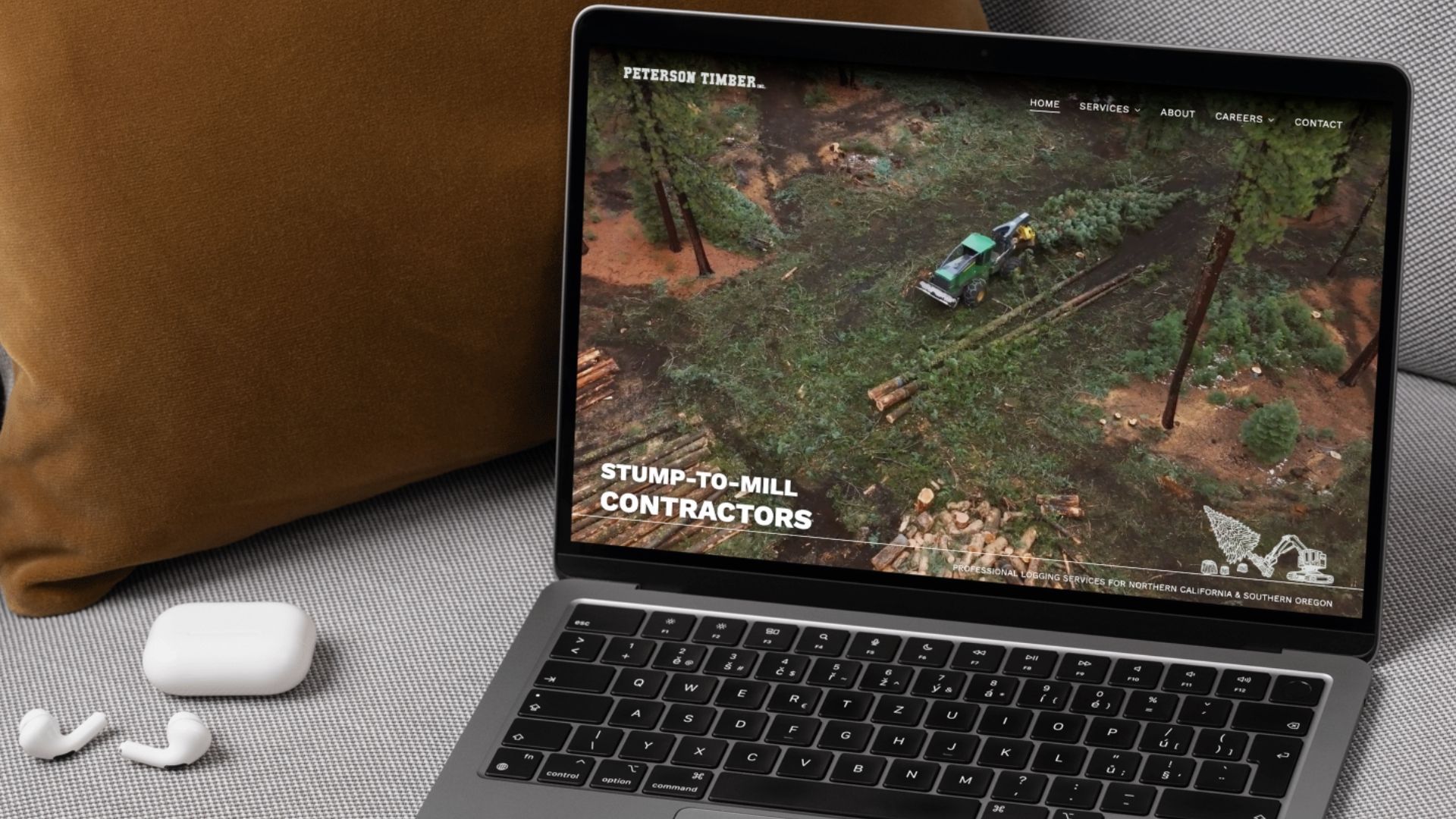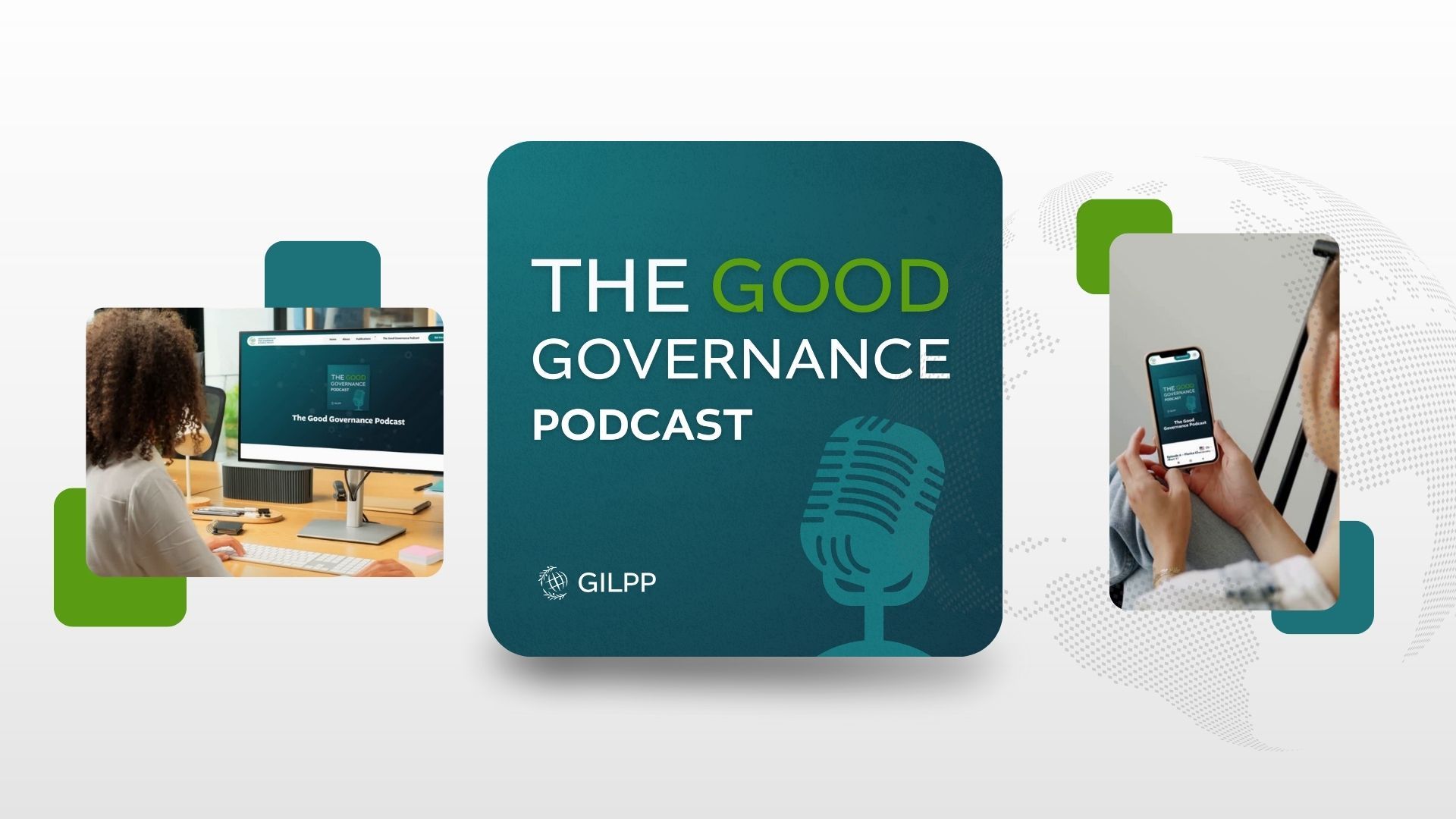
Most Service Area Pages Don’t Work—Here’s Why
If your local SEO strategy involves cloning a generic landing page and swapping out city names, it’s time for a rethink.
You’ve seen it (and maybe done it):
“We offer roofing services in Chico, California. Our Chico, California team is ready to serve you in Chico, California.”
This used to work. It doesn’t anymore.
Google’s algorithm is getting smarter. Buyers are too. They don’t just want to know where you work—they want proof that you’ve done the job well, nearby, for someone like them.
Jef van de Graaf, an SEO copywriter and founder of Copy Ads Content, put it bluntly in a recent conversation with Jake Mooney of Green Light Studio:
“You could take a location page and pump it into AI for every city. But using AI doesn’t add that extra value. Real case studies and proof do.”
Let’s walk through how boring businesses can turn their service area pages into genuine lead generators—without bloated copy or fake local flair.

What’s Wrong With Most Geolocation Pages?
The biggest problem? They’re written for Google—not for real people.
Too often, these pages:
- Repeat the same copy across every location
- Lack any actual evidence of local work
- Stuff keywords instead of answering real questions
- Don’t tell the visitor what to do next
As Jake put it:
“Google wants to reward the page that’s genuinely the best resource for a searcher. If your Chico roofing page just repeats ‘Chico’ 20 times, it’s not helping anyone.”
Step 1: Start With Real Customer Projects
The foundation of a strong location page is proof—not polish. That means starting with a job you actually did in that city or region.
Here’s what to gather:
- Basic job summary: What was done, where, and for whom?
- Customer challenges: What problem were you solving?
- Before-and-after context: Any visuals or quotes?
- Outcome/results: Cost savings, timelines, satisfaction
Even a single well-documented project can be turned into a high-performing landing page.
“We had a client in Ontario with real job stories. We infused those into each location page—combined with short video clips, local signals, and clear CTAs. It started getting results within months.”

Step 2: Add Video (Even If It’s Shot on a Phone)
Nothing builds trust like seeing your team on the job.
Jef and Jake both emphasized how informal video—filmed on a phone, no editing needed—can set your local pages apart.
“Some of our best-performing content was just a phone-shot clip of a broken system and how our client fixed it,” Jef explained. “It wasn’t salesy. It was real. And it converted.”
Tips for local video SEO:
- Mention the city name out loud or in captions
- Film on-location with recognizable landmarks or site features
- Keep it short—30 to 60 seconds
- Embed smartly using lightweight pop-ups (to preserve site speed)
Step 3: Write for People, Not Just Search Engines
This is where strong copy matters. Yes, you need keywords. But more importantly, you need clarity.
Structure your page like this:
- Headline with value and location
“Trusted Commercial HVAC Services in Barrie, Ontario” - Short introduction with proof
“We’ve served 12+ industrial clients in Barrie over the past 3 years, including a recent retrofit for a local food processing plant.” - Case study snapshot
Bullet points or a short paragraph with a few key details from the project. - Call to action
Invite the visitor to reach out, schedule a consult, or watch a related video. - Optional FAQs
Address location-specific questions about service timelines, permit needs, or emergency availability.
And yes, use your target city name—but only where it makes sense. You’re writing for the buyer first, Google second.

Step 4: Use Micro Signals That Build Local Trust
SEO isn’t just about copy. It’s about signals.
Jef mentioned how embedding small cues throughout a page can increase both rankings and conversions:
- Mention nearby intersections, neighborhoods, or businesses
- Use team photos from job sites in that region
- Include verified customer quotes or reviews from the city
- Show maps or routes that display service range
“Google sees those as signs that this page is legit,”
“And your customer sees that you’re not some fly-by-night operation.”
Step 5: Remove Friction From the Next Step
Many location pages get traffic but no leads. Why?
There’s no obvious next move.
Jef tested multiple versions of local pages and found that having a contact form in the hero section (instead of buried at the bottom) consistently increased conversions.
Other smart ideas:
- Clickable phone number at the top of the page
- Instant quote forms
- “Talk to a human” buttons with live chat or callback options
“Some people won’t fill out a form,” “They want to call. Make that easy, or you’ll lose them.”

A Quick Before-and-After Example
Typical Location Page:
- Copy-pasted template
- Keyword-stuffed intro
- No photos, no proof
- Vague CTA like “Contact us today”
Optimized Page with Case Study:
- Clear value-driven headline:
“Commercial HVAC Installations in Barrie with Proven Results” - Real project summary:
“Our team completed a full retrofit for ABC Foods, reducing energy costs by 27% in 6 months.” - Video embed:
“See the system in action at their facility” - Strong CTA:
“Get a free consult for your Barrie-based facility today” - Micro-signals:
“We’re 5 minutes from the Mapleview Centre—on call for emergency service within 1 hour.”
Which one builds trust? Which one helps a buyer say “Yes”? The difference is night and day.
Don’t Let a Good Project Go to Waste
One of the biggest missed opportunities in B2B marketing is failing to reuse great work.
Every time your company completes a job in a new city, you have the raw material for an excellent SEO asset:
- A case study for your blog
- A testimonial or quote
- A geolocation landing page
- Short-form video content
- Visuals for LinkedIn or email
“When you capture what happened—on video, in a photo, with a quote—you don’t just get a story. You get an SEO advantage.”
Unimpressed with your marketing?
Get support and direction with these resources:
- Free Marketing Audit Workbook - Download Now
- Subscribe to Our YouTube Channel for practical marketing tips and strategies. Subscribe
- Contact Us - Let’s create a custom strategy for your business. Get In Touch
- Connect with Jake Mooney on LinkedIn - Connect
Local SEO That Feels Real: Turning Case Studies into Search Wins




